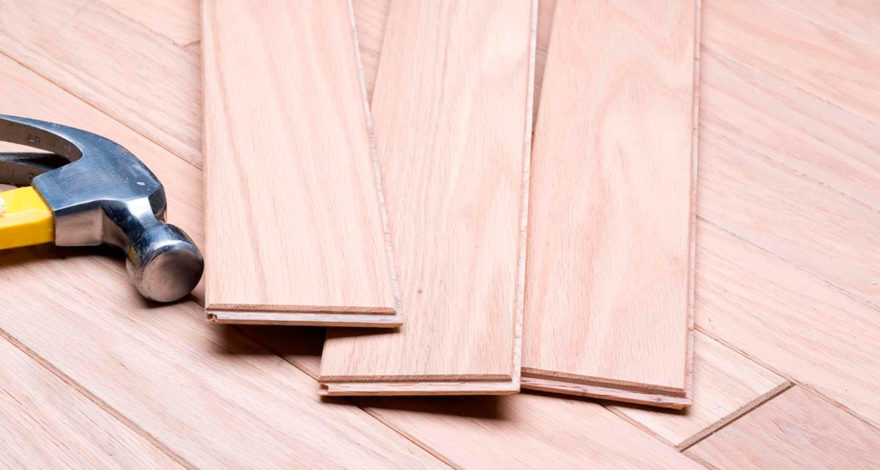There’s something special about hardwood flooring that just makes you feel comfortable and at home. Maybe it’s the smooth texture, the warm color palette, or the natural look and feel. No matter what your reason is, hardwood flooring is a must-have in any home. That said, hardwood floors are sensitive to wear and tear – whether it’s from people walking on them or from heavy furniture being moved around. As a result, Floor sanding Geelong wide is necessary at a certain frequency to avoid unevenness, excessive damage, and flooring that is barely holding together. In this blog post, we’ll explain how often engineered wood should be sanded, based on various factors like the intensity of wear and tear, the unevenness of the floor, and the thickness of the flooring. We hope this article will help you get started with sanding your hardwood flooring correctly!
1) Unevenness
If you have wooden flooring in your home, you need to be aware of the dangers of an uneven floor. As sanding becomes more difficult and time-consuming, streaks and damages will be more likely to occur. To avoid this, invest in a wood grain patterned tile or flooring to fix the issue before it becomes too serious. Keep in mind that any type of wooden floor should be sanded at least once every 6 months to avoid wear and tear! So, whether you have flooring thats easy to sand or not, make sure you engage with Floor sanding Geelong wide service offered by experts it on a regular basis to keep your flooring in great condition.
2) Intensity of Damage
Its important to sand your hardwood flooring at the right frequency depending on the intensity of the damage. If more severe, you may even need to sand every month or even multiple times per month. Use the right sandpaper for the floor – coarse sandpaper for areas that are heavily damaged and finer sandpaper for those that arent so beat up. If the damage is minor, you may only need to sand once or twice per year. Follow these simple tips and youll keep your flooring looking its best!
3) Wear and Tear on The Floor
Hardwood flooring is a beautiful and durable addition to any home, but like any other flooring material, itll need to be sanded from time to time. The intensity of wear and tear on the floor will affect how often you sand it, but there are some general guidelines that can be followed. If the floor has been heavily used, then itll likely require more frequent sanding jobs. On the other hand, if the floor is only lightly worn, then you may only need to do a once-a-year sanding job. Be sure to consult with a professional when doing any type of floor work in order to get accurate advice!
4) Floor Thickness
When it comes to flooring, the thicker the better! This is because thicker flooring means less sanding is required – which in turn saves you time and money. Always wear safety goggles and protective gloves when sanding flooring, as even the slightest scratch can lead to dangerous wood dust exposure. Furthermore, the thickness of your flooring affects how often you need to sand floors. So, if you have thin flooring, you may only need to sand it once every six months. But if your flooring is thicker, you may need to sand it more frequently – up to twice a month. Be sure to test the hardness of your floor before starting any woodworking project – if its too hard, youll likely require more frequent sanding than normal.
5) Your Sanding Skills
When it comes to sanding hardwood floors, the choice of sandpaper is important. For flooring that has severe scratches or dents, you’ll need to use a higher grit sandpaper than what you would use for regular flooring. There are various ways to achieve a smooth finish, including using a belt sander, hand sander, or orbital sander. How often you sand also depends on the type of wood floor and how smooth it is. For flooring that is less scratchy, you can sand once every two to three months. However, if your flooring is extremely scratchy, you’ll need to sand more often – perhaps even every week. Make sure to consult your flooring professional for specific advice on how to care for your flooring and sand it the right way!
There are many benefits of getting Floor sanding Geelong wide. However, many factors affect how often you should sand your hardwood floors, such as the intensity of wear and tear, the floor thickness, and your sanding skills. By understanding these factors, you can sand your floor more often without damaging it or causing it to wear more quickly.


